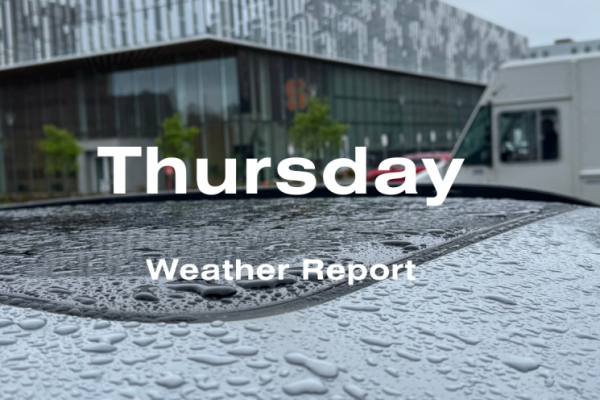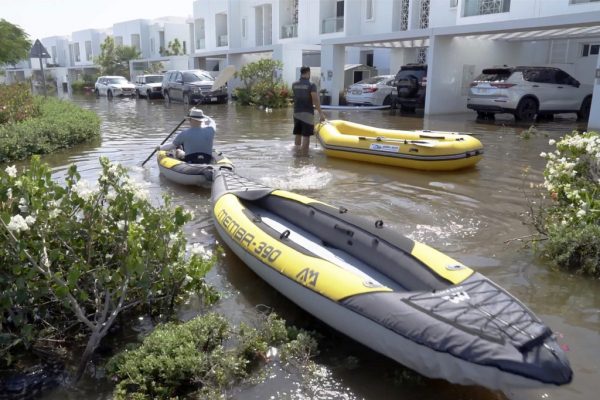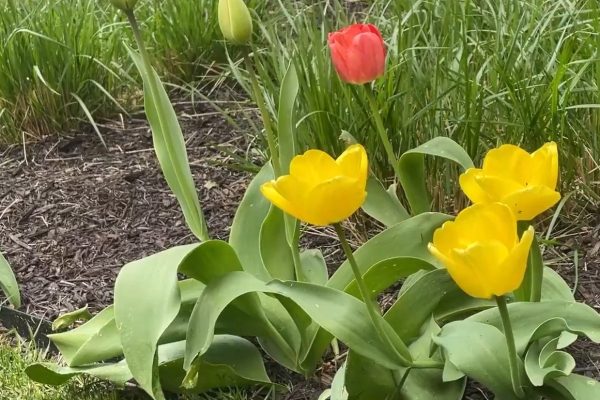SYRACUSE, N.Y. (NCC News) — Voter turnout for local primary elections tends to be much lower in America than in presidential elections, as proved again in the Onondaga County primaries.
Some Central New Yorkers chose to vote; others chose not to. The fact is, they have a choice. At the Southwest Community Center where citizens came to vote Tuesday, refuge Edris Mohemmed is one of those folks who has been learning English for the past year, just so he can pass the citizenship test this Friday.
“It’s important because I want to choose which one to vote for,” Mohemmed said. “What president, what governor, (etc.).”
Voting is one of many freedoms Mohemmed can enjoy if he obtains his citizenship. He looks forward to getting his passport after passing the exam and living a life that will allow him to grow as a person and in his career, rather than shrink.
“They didn’t give me same kind of job for me because I have a green card,” Mohemmed said. “They told me you are no citizen.”
The language of the test can be difficult to understand for those who did not grow up in an English-speaking country, such as Mohemmed, who grew up in Afghanistan. As the test date gets closer, Mohemmed is working outside of the classroom to make sure he aces it in one try.
“I’m ready to take the test.” Mohemmed said. “Last night, I (did) not sleep till 2 a.m. I do homework till 2 a.m.”
As Mohemmed continues to read, write, and talk in English to pass the 100-question test, his teacher Alicis Socia understands the work that goes into the preparation behind the scene.
“Explaining the government, believe me, is a lot of work,” Socia said. “Some will have to (take the test) over and over again. Some of the words can be hard to explain.”
The citizenship classes at the Southwest Community Center are held three days a week and according to Socia, most refugees spend at least a year learning the language and the history of the United States.




